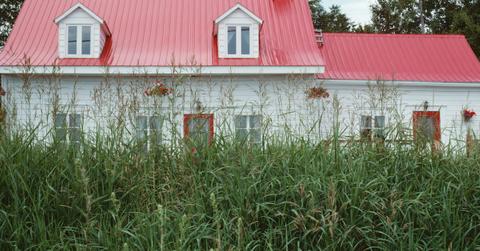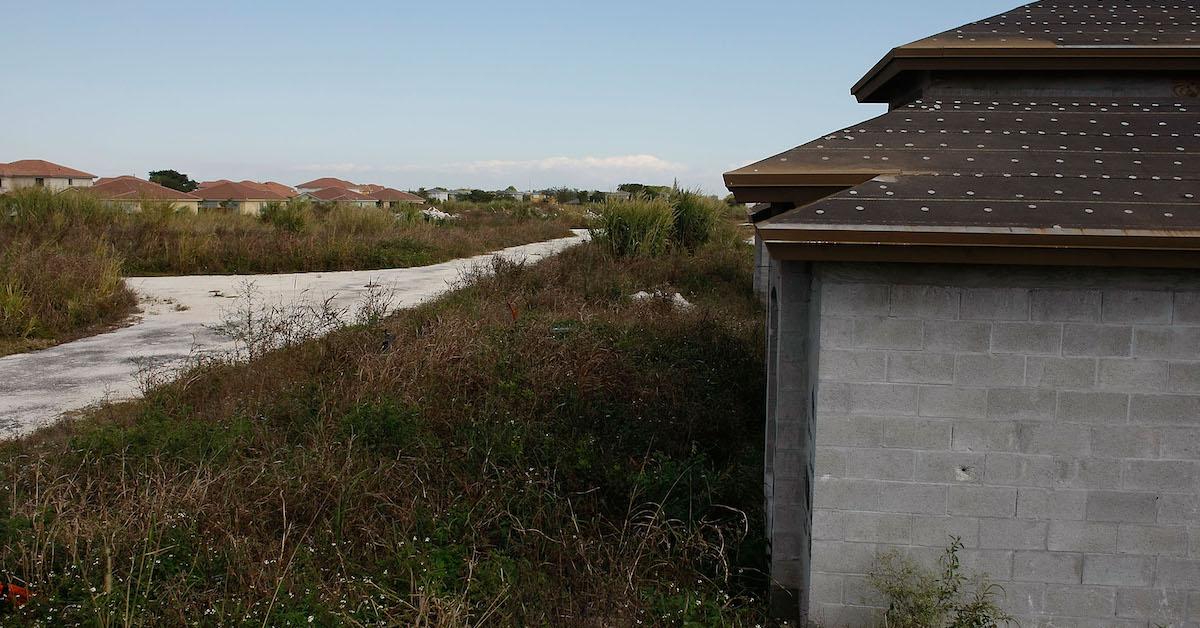Here’s Why Some Communities Are Doing "No Mow May"
Published May 3 2022, 5:09 p.m. ET

Spring weather tends to make some of us feel more at one with nature — which can, in turn, inspire some eco-friendly actions and activities.
Planting trees, participating in neighborhood cleanups, and opting for open windows versus air conditioning are all great ways to celebrate the start of the warm weather sustainably. But many are starting to consider partaking in a holiday called No Mow May.
For the month-long holiday, participating homeowners nationwide refrain from mowing their lawns, for the benefit of local pollinators.
“If you don’t mow your lawn for three to four weeks, you’re going to see increases in flowers, which translates to increases in abundance and biodiversity of bees,” Dr. Israel Del Toro, an assistant professor at Lawrence University and a creator of the movement stated, as per Good News Network.
But in order to encourage others to participate — or at least accept it — communication is key.
“... talk to your neighbor; talk to your community; get the word out about what you’re doing and why you’re doing it, and generally you’ll find a lot of good allies,” Del Toro continued.

What is No Mow May?
U.K.-based organization, Plantlife, started No Mow May years ago, and it's finally made its way to the U.S., according to EcoWatch, to attract bees, birds, and other pollinators — which as we know, as sadly on the decline due to climate change.
As the holiday has gained traction, over 250 wild plants have sprouted in people's yards, including adder’s-tongue fern and meadow saxifrage.
“These results demonstrate that our call to No Mow May has set seed and laid down deep roots,” said Plantlife's Ian Dunn, as per EcoWatch. “The results underline how embracing a little more wildness in our gardens can be a boon for plants, butterflies and bees. We are excited by the unfolding dawn of a new British lawn.”
West Coast and midwestern communities across the U.S. have embraced the mindful movement, with participating lawns attracting five times as many bees as mowed parks.
“I think there’s an opportunity here to do what’s right for the environment. We’re only doing it for one month, and then by that point, the bees should have come out of hibernation, they should have been able to find their initial food sources,” Glendale, Wisc. Mayor Bryan Kennedy stated, according to EcoWatch.
The community is testing out No Mow May for privately owned spaces this year — a major step towards rewilding communities and bringing back pollinators.

Why is an unkempt lawn environmentally friendly?
Refraining from mowing your lawn, especially at the start of spring, helps pollinators thrive.
According to NPR, many wildflowers bloom in May, which is also when pollinators come out from their winter habitats. They have just emerged from a long slumber, and they're in dire need of energy, to pollinate. So having an abundance of wildflowers in your lawn helps nourish them, for a long and prosperous season.
Some communities don't partake in No Mow May, and may even hand out citations for keeping an unkempt lawn. You can always raise the blades on your lawn mower, to ensure it isn't too trim. But if that isn't an option, just make sure to refrain from overwatering your lawn, which wastes water, or using chemicals that will further harm pollinators and other walks of life.
You can live with an unkempt lawn for a few weeks — Mother Earth believes in you.